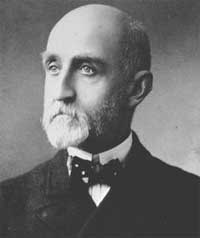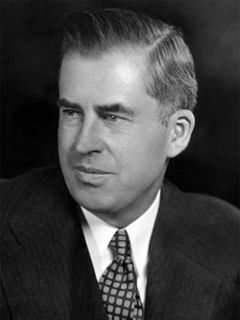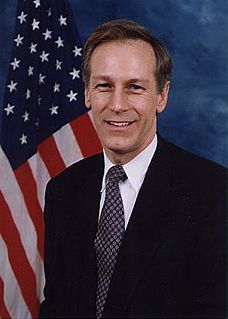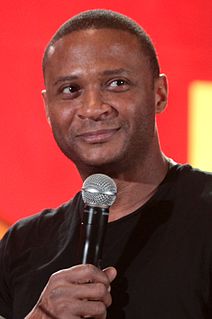A Quote by Alfred Thayer Mahan
Having therefore no foreign establishments, either colonial or military, the ships of war of the United States, in war, will be like land birds, unable to fly far from their own shores. To provide resting places for them, where they can coal and repair, would be one of the first duties of a government proposing to itself the development of the power of the nation at sea.
Related Quotes
Because the US has control of the sea. Because the US has built up its wealth. Because the US is the only country in the world really not to have a war fought on its territory since the time of the Civil War ... Therefore we can afford mistakes that would kill other countries. And therefore we can take risks that they can't ... the core answer to why the United States is like this is we didn't fight World War I and World War II and the Cold War here.
In order to bring a nation to support the burdens incident to maintaining great military establishments, it is necessary to create an emotional state akin to war psychology. There must be the portrayal of an external menace or of internal conditions rendered intolerable by the unjust restraints of foreign nations. This involves the development to a high degree of the nation-hero nation-villain ideology and the arousing of the population to a sense of the duty of sacrifice.
No power but Congress can declare war; but what is the value of this constitutional provision, if the President of his own authority may make such military movements as must bring on war? ... [T]hese remarks originate purely in a desire to maintain the powers of government as they are established by the Constitution between the different departments, and hope that, whether we have conquests or no conquests, war or no war, peace or no peace, we shall yet preserve, in its integrity and strength, the Constitution of the United States.
Meanwhile, the U.S. debt remains, as it has been since 1790, a war debt; the United States continues to spend more on its military than do all other nations on earth put together, and military expenditures are not only the basis of the government's industrial policy; they also take up such a huge proportion of the budget that by many estimations, were it not for them, the United States would not run a deficit at all.
I voted against the war in Iraq. I voted against the first Gulf War. I think war is the last resort - the last option of a great military power like us. I think that we need to focus on building coalitions. Yes, ISIS must be destroyed. But it should be destroyed by a coalition of Muslim nations on the ground with the support of the United States and the other major powers in the air and in training the troops there.
After 9/11 we were prepared to use military force. We were prepared to go after not only the terrorists, but those who sponsor terror and provide sanctuary and safe harbor for them. We were prepared to use our intelligence assets the way we would against an enemy that threatened the United States itself, to put in place, for example, things like the Terror Surveillance Program and to have a robust interrogation program on detainees. Those are the acts you take when you feel you're at war and that the very existence of the nation is threatened.
After the Second World War, facilitating the establishment of the UN and aiding the reconstruction of Europe, the United States was widely viewed, at least in the West, as a benevolent hegemon. In the non-West, the US was often perceived as a supporter of the colonial powers in their struggle to maintain control over their colonial possessions, and was viewed far more critically, especially by emerging elites that were more inclined to socialist development paradigms than to the capitalist ethos favoured by Washington.
They said we were soft, that we would not fight, that we could not win. We are not a warlike nation. We do not go to war for gain or for territory; we go to war for principles, and we produce young men like these. I think I told every one of them that I would rather have that medal, the Congressional Medal of Honor, than to be President of the United States.
If the World War [I] demonstrated anything it was that government ownership is fraught with the gravest dangers and usually leads to disaster. Take Britain. The two problems which have caused the greatest trouble since the war ended have been transportation and coal. The government seized both industries when the war broke out. It got them into such a hopeless mess that it does not know how to turn [In] coal; the government now realizes, it took hold of the tail of a wild animal and is afraid to let go.
When you authorised Congress to borrow money, and to contract debts, for carrying on the late war, you could not intend to abridge them of the means of paying their engagements, made on your account. You may observe that their future power is confined to provide common defence and general welfare of the United States. If they apply money to any other purposes, they exceed their powers. The people of the United States who pay, are to be judges how far their money is properly applied.







































